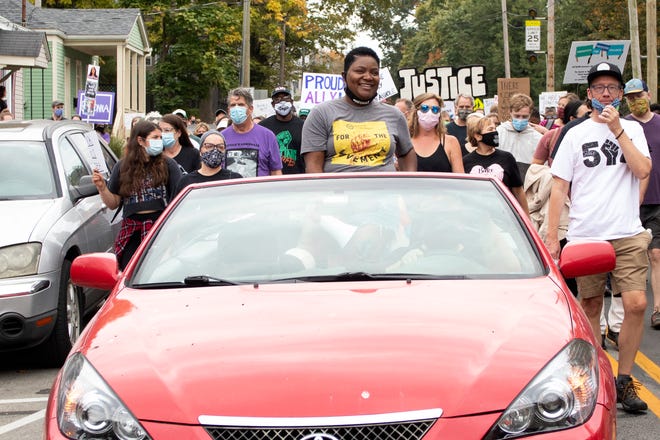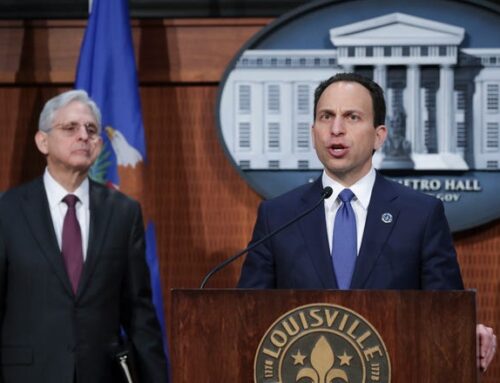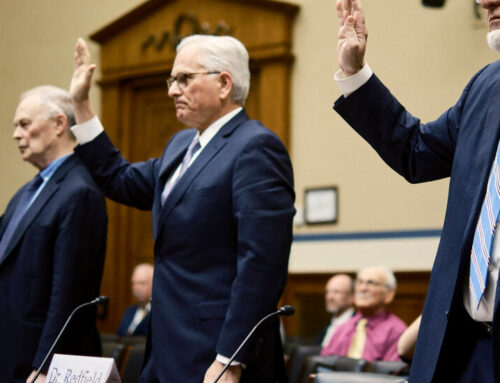This post was originally published on this site
https://www.gannett-cdn.com/presto/2020/10/11/PLOU/e5258e23-cf7e-4706-bb1c-ac6302dbf75e-march_11.jpg
In June 2020, following the deaths of Breonna Taylor and David McAtee at the hands of police and National Guard, respectively, Black leaders in Louisville published A Path Forward for Louisville, a petition that outlines changes and solutions to systemic problems and racial disparities in Louisville.
Here are three things to know about the document:
What changes did the document call for?
A Path Forward called for a variety of changes — from police reform, to support for Black business owners, to revamped educational policies, to more affordable housing in the West End.
The document referenced the “long and challenging history LMPD has had with Louisville’s Black community” and sought to divest from policing and invest in other first responders, such as social workers, and also create a more diverse — both in race and gender — police force, among other suggested changes.
It also called for JCPS to use newly raised money to “increase equity initiatives” and aimed to create a “pipeline of Black educators.”
The document further called for “expanded mental health support.”
A Path Forward, a year later:How has Louisville responded to racial justice petition?
What financial investment does it seek?
The document seeks to create a $50 million Black Community Fund “to begin the process of addressing systemic racism in our community.” Framers had hoped the city would fund the $50 million, but it has not, which Lyndon Pryor, the Louisville Urban League’s Chief Engagement Officer, called “a constant disappointment.”
The fund has raised some money from donations, however, which have gone to community learning hubs, a business incubator and affordable housing efforts.
Who is does it target as needing to act?
The petition was addressed to Metro Council President David James and Mayor Greg Fischer, who said the document has informed his administration’s thinking of city priorities. The document also listed Gov. Andy Beshear, other government leaders, Jefferson County Public Schools, financial institutions and many other organizations as needing to act, as well as “you,” the individual resident.
Sadiqa Reynolds, president and CEO of the Louisville Urban League and one of the framers of the document, said the document has been largely well received.
“I think there are a lot of organizations that are looking to the document to determine how they move forward,” she said.
Hayes Gardner can be reached at [email protected]; Twitter: @HayesGardner.


